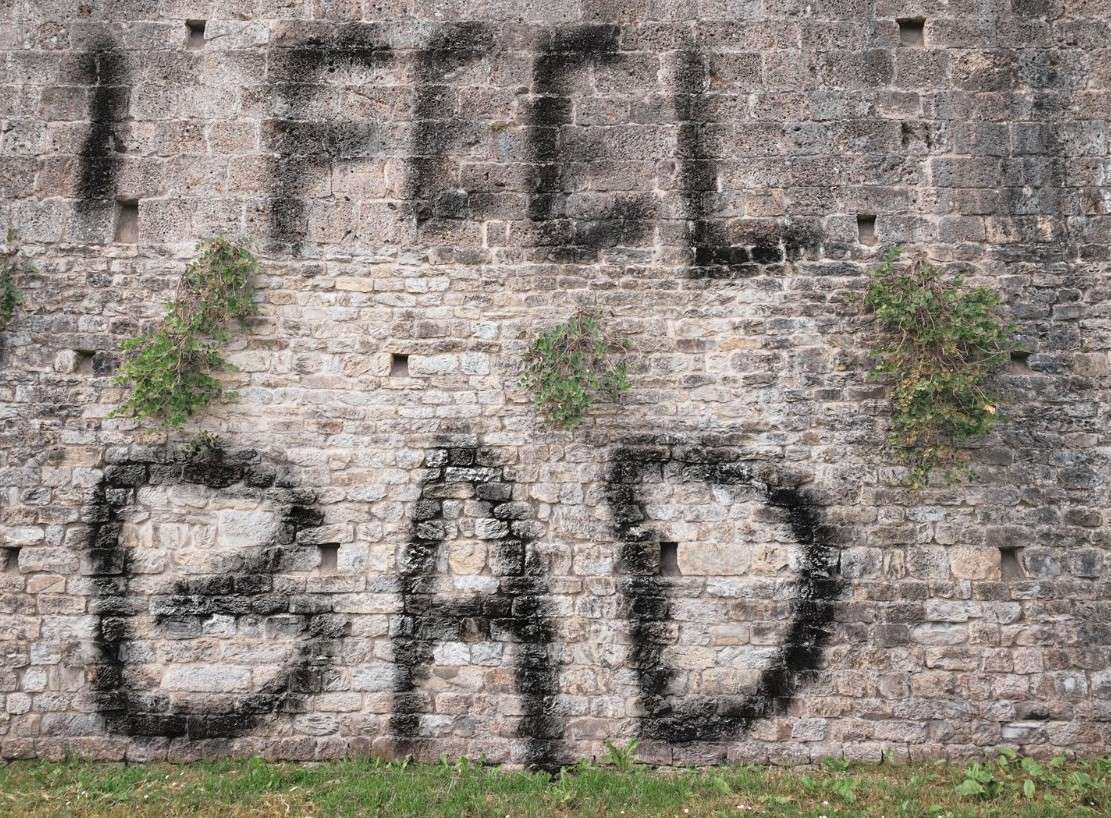“PTSD is a whole-body tragedy, an integral human event of enormous proportions with massive repercussions.”
― Susan Pease Banitt
The trauma from MST stems not only from the sexual assault or harassment itself but also that it is a betrayal.
Aspects of the military environment the contribute to trauma:
- Having to continue living and working closely with the perpetrator
- Fear of negative career impacts or retaliation for reporting the assault
- Feeling betrayed by the military institution that was supposed to protect you
- Worries about being perceived as weak or damaging unit cohesion
- Lack of privacy and control in the hierarchical military setting
Some symptoms of MST listed on PsychCentral.com:
- intense emotional shifts
- negative feelings such as depression, anger, guilt, or shame
- difficulty sleeping
- feeling emotionally numb
- experiencing intimate relationship challenges
- sexual performance difficulties
- feeling isolated
- difficulty trusting others in authority roles
- physical health changes such as chronic pain or weight fluctuation
- substance misuse
- cognitive challenges such as finding it hard to focus or concentrate
- constantly feeling on edge
- sensitivity to reminders of your experience
- presence of mental health conditions such as PTSD or depression
As a result of these things, many MST survivors struggle with feelings of shame, self-blame and helplessness. MST can lead to feelings of alienation, and feeling different from other people, this can be especially true when transitioning to civilian life. The Impact of MST extends beyond the individual. MST affects families, careers, personal relationships and communities.


Leave a Reply